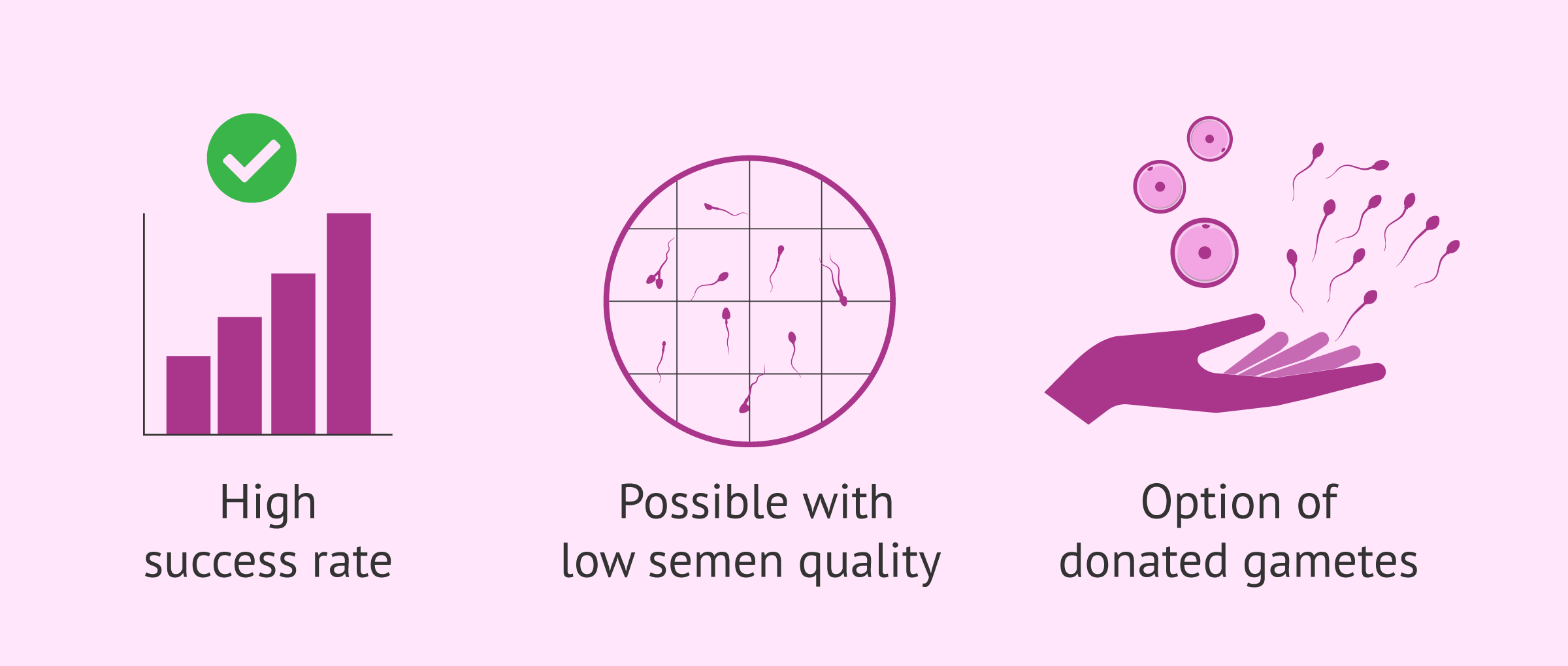
Vitro Fertilization
For individuals and couples facing fertility challenges, In Vitro Fertilization (IVF) often emerges as a potential pathway to parenthood. IVF has been a significant breakthrough in reproductive technology, offering hope and new opportunities to grow families. Understanding its benefits can help those looking into IVF as an option makebetter informed decisions aligned with their needs and circumstances.
1. Higher Chance of Conception
In Vitro Fertilization is widely regarded as one of the most effective fertility treatments available. Compared to other methods of assisted reproduction, IVF often offers higher success rates by increasing the likelihood of conception. Since embryos are fertilized in a controlled laboratory environment before being transferred into the uterus, the process supports optimal conditions for successful implantation.
2. Opportunities for Genetic Screening
A key benefit of IVF is its compatibility with advanced genetic testing options. These options provide greater insights and reassurance for individuals or couples hoping to conceive. Preimplantation genetic testing (PGT) is one such advanced procedure available during IVF. It allows embryos to be analyzed for genetic abnormalities or inherited conditions before implantation. This process involves extracting a few cells from the embryos and examining them for specific genetic markers.
PGT may be especially appealing to individuals or couples with a family history of inherited medical conditions. It helps reduce the risk of passing on genetic disorders. By supporting the selection of healthier embryos, genetic screening not only increases the chances of a successful pregnancy but also provides peace of mind. For many, this added reassurance about potential health risks for the baby is a significant advantage of pursuing IVF.
3. Possibility to Preserve Fertility
IVF can be an effective solution for preserving fertility in different situations. People who are about to undergo medical treatments, like chemotherapy, often choose to freeze their eggs, sperm, or embryos through the IVF process. This is because such treatments may impact fertility. Similarly, individuals who want to delay parenthood for personal or professional reasons can freeze their eggs through cryopreservation. This method preserves their reproductive materials at their current quality. It gives them more flexibility and control over their future family planning options.
4. Accommodates Unique Family Structures
One of IVF’s notable advantages is that it offers pathways to parenthood for diverse family structures. Single parents, same-sex couples, and those requiring egg or sperm donation benefit from the flexibility IVF provides. The procedure allows individuals and families to customize their reproductive options while incorporating third-party reproductive assistance, such as surrogacy or donor gametes, when needed. This inclusivity makes IVF an adaptable solution for those with unique family-building goals.
5. Control Over Family Planning
For many, IVF gives a greater sense of control over planning their family. By selecting when to freeze eggs or how many embryos to transfer, individuals can plan their reproductive timelines with more flexibility. This aspect of the treatment allows individuals to align family-building efforts with their personal, financial, or professional goals.
Empowering Parenthood With In Vitro Fertilization
IVF represents a valuable opportunity for individuals and families facing fertility challenges to pursue parenthood with greater confidence. It offers benefits that extend beyond conception, addressing both medical and personal considerations to create pathways tailored to diverse needs. For those exploring their options, IVF may serve as a supportive and innovative solution in their family-building journey.
Discover the latest news and updates on The Blog Verge






